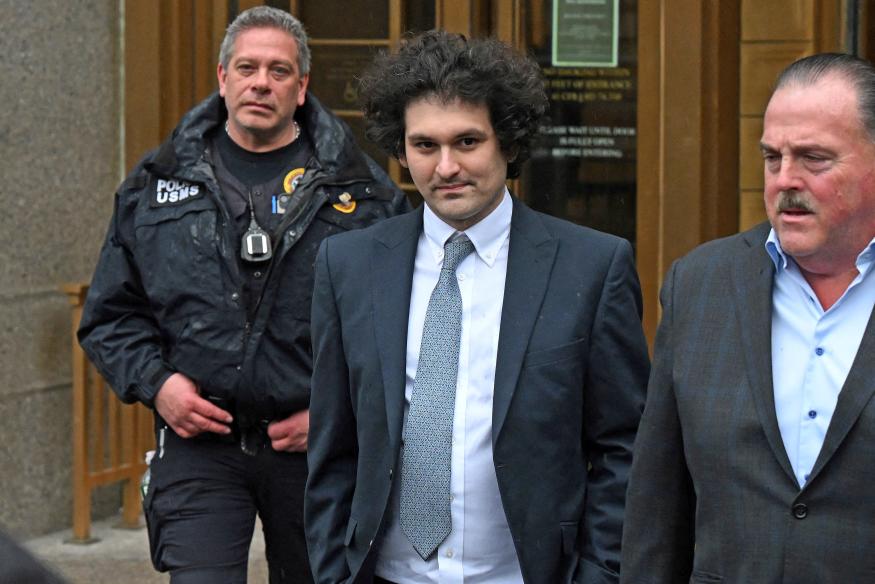FTX co-founder Sam Bankman-Fried faces four new criminal charges
FTX co-founder Sam Bankman-Fried faces four new criminal charges
Fraud and campaign finance violations could add to any prison sentence.

FTX co-creator Sam Bankman-Fried (aka SBF) is now dealing with four new charges over the collapse of his crypto exchange. A newly unsealed indictment in a New York federal court accuses SBF of fraudulent activity through both FTX and the linked Alameda Research hedge fund. The co-founder also allegedly violated federal campaign finance laws by making secret donations to a congressional super PAC using the names of two executives.
The expanded charges now include 12 counts. A source speaking to CNBC claims the additional allegations could lead to an additional 40 years in prison if SBF is convicted.
SBF was arrested in the Bahamas on December 12th, and quickly dropped plans to fight extradition to the US. He has already pleaded not guilty to federal charges that include multiple wire fraud counts. He also faces a civil lawsuit from the Securities and Exchange Commission (SEC) as well as action from the Commodity Futures Trading Commission (CFTC). Prosecutors claim Bankman-Fried defrauded investors of nearly $2 billion, but the ex-CEO maintains he never tried to commit fraud and doesn’t think he’s criminally liable for FTX’s downfall. Two executives, Caroline Ellison and Zixiao “Gary Wang,” have pleaded guilty to their own fraud charges.
FTX isn’t alone in falling from grace. Other major crypto brands, such as Binance, Celsius and Terraform Labs, are also grappling with varying degrees of criminal charges (for themselves or ex-leadership), civil suits and bankruptcy. However, FTX and its former CEO remain the most prominent examples of the crypto industry’s tumult — the new charges are only likely to cement that position.
The further indictments also reflect the federal government’s increasing eagerness to crack down on crypto assets and cryptocurrency. House and Senate politicians are hoping to more tightly regulate the industry, while agencies like the SEC, CFTC and Treasury Department are pushing for more charges and clearer rules.
